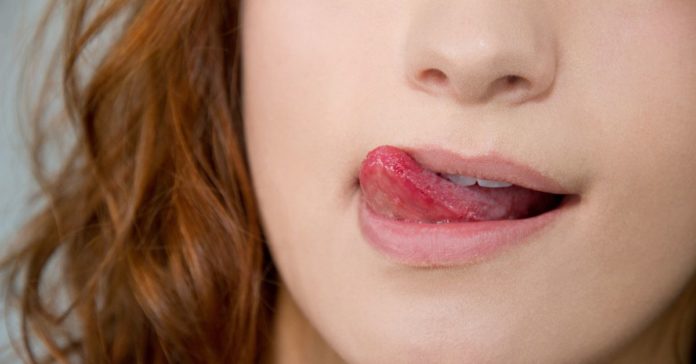Overview
Lack of saliva causes dry mouth or xerostomia. It may be a symptom of elevated blood sugar in diabetic patients or may indicate other underlying medical conditions. Everybody occasionally gets a dry mouth. But it is not normal to always have a dry mouth, and doctors may suspect diabetes as its cause.
This blog focuses on the relationship between dry mouth and diabetes.
Is there a connection between diabetes and dry mouth?
One of the telltale signs of Type 1 and Type 2 diabetes is dry mouth or xerostomia. However, not every diabetic patient experiences it. Also, even if you don’t have diabetes, dry mouth is possible.
What are the symptoms of dry mouth?
As mentioned above, everybody occasionally gets a dry mouth. But if you have a persistent dry mouth, you may also feel or experience:
- Bad breath even after brushing
- Cracked lips
- Tooth decay
- Mouth ulcers
- More significant gaps between the teeth.
You may also have throat or mouth pain, thick, stingy, or sticky spit, and difficulty swallowing, talking or chewing.
What are the causes of dry mouth?
Although dry mouth is a typical symptom of Type 1 and Type 2 diabetes, anyone can have it. The precise causes are uncertain, but people living with diabetes may have dry mouths due to high blood sugar levels. Some diabetes treatments can also result in dry mouth.
When should I meet the doctor?
One of the first signs of diabetes may be a dry mouth. However, if you have diabetes and any of the following symptoms, schedule an appointment right away:
- Bleeding from the mouth or teeth.
- Tooth decay
- Mouth ache
- Mouth sores.
- Difficulty swallowing or chewing
What are the complications of dry mouth?
An untreated dry mouth results in various oral health problems. Saliva has cells that can defend against infections and help in digesting carbohydrates. Less saliva means accumulation of bacteria and sugar in the mouth, forming plaques. Cavities may result from this accumulation of plaque.
Other oral conditions include:
- Candidiasis – an increased growth of fungus in the mouth
- Gingivitis, or inflamed, irritated gums caused by bacteria
- Periodontitis, or inflammation in the tissue that covers the teeth
- Persistent bad breath after brushing teeth and excessive cleaning
- The salivary glands may also get infected in some situations
Are there home remedies for dry mouth?
In order to treat dry mouth, you must determine the underlying problem. Controlling your blood sugar levels can help with your symptoms of dry mouth due to high blood sugar. Consult your doctor if you think the medicine you’re taking is to blame. They may be able to change your prescription or change the dosage.
Additionally, you can visit the dentist regularly and adopt methods to enhance oral health with routine cleaning, which may help with dry mouth.
Your symptoms of dry mouth may get better by themselves. Several natural therapies may help in handling dry mouth. The remedies include:
- Minimizing the intake of foods and beverages that are high in sugar, caffeine, or artificial sweeteners
- Consuming fruits and vegetables high in fibre
- Removing extra plaque from teeth using toothpicks, using alcohol-free mouthwash, and chewing gum
- Maintaining dental hygiene at least twice a day with fluoride toothpaste
- Consuming breath-freshening xylitol-containing mints
What are some measures to prevent dry mouth?
There are numerous ways to avoid dry mouth as well as treat it. To prevent dry mouth, remember to:
- Eat less spicy and salty food.
- Use a humidifier in your house. Increased air moisture may lessen the symptoms of dry mouth.
- Avoid caffeine, cigarettes, and alcoholic beverages. These may exacerbate dry mouth.
- Sip eight to ten glasses of water. Your risk of developing dry mouth can be decreased by maintaining adequate hydration.
- Visit the dentist for routine dental cleaning.
Conclusion
A typical sign of diabetes and high blood sugar levels is a dry mouth. Usually, dry mouth is controllable. But diabetes-related long-term dry mouth can result in infections and gum disease, among other health issues. Take medication as directed and stay away from sweet foods and beverages. Although a dry mouth isn’t typically a significant symptom of diabetes, it may cause other health problems if it isn’t treated. Consult your healthcare provider if dry mouth continues to be a concern. Discussing your symptoms with your healthcare professional and practicing appropriate oral hygiene is crucial.


















